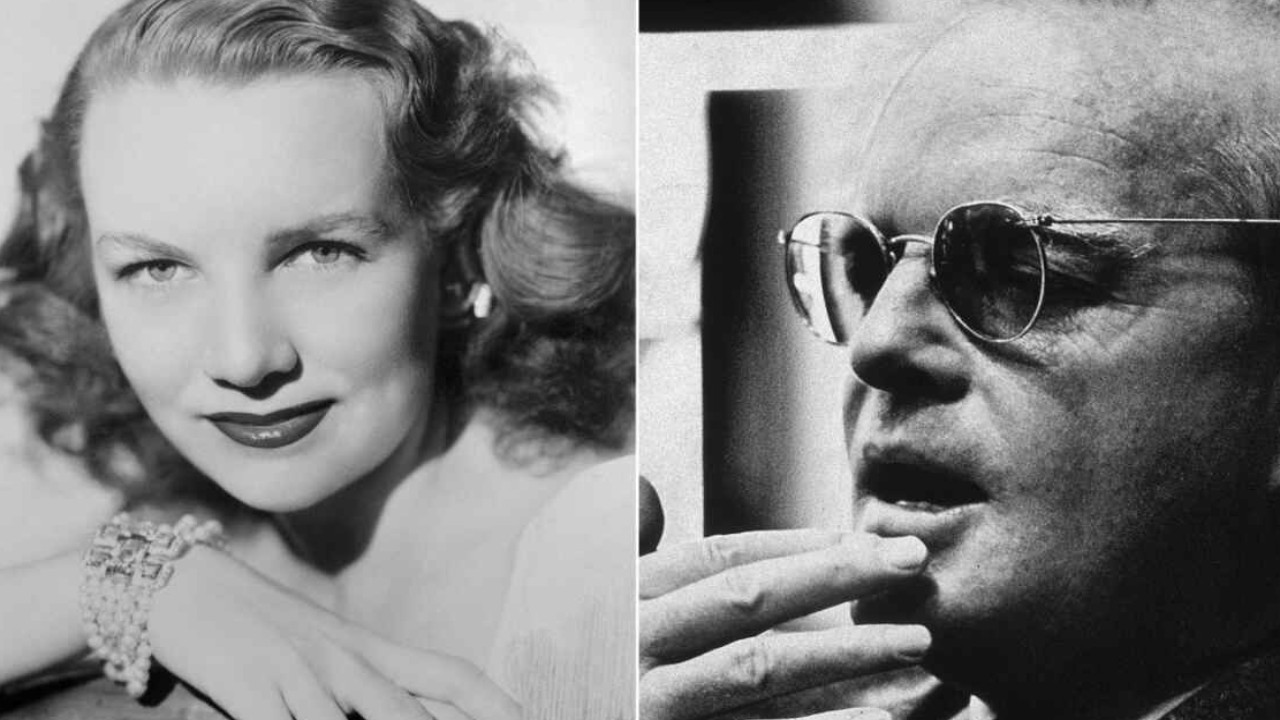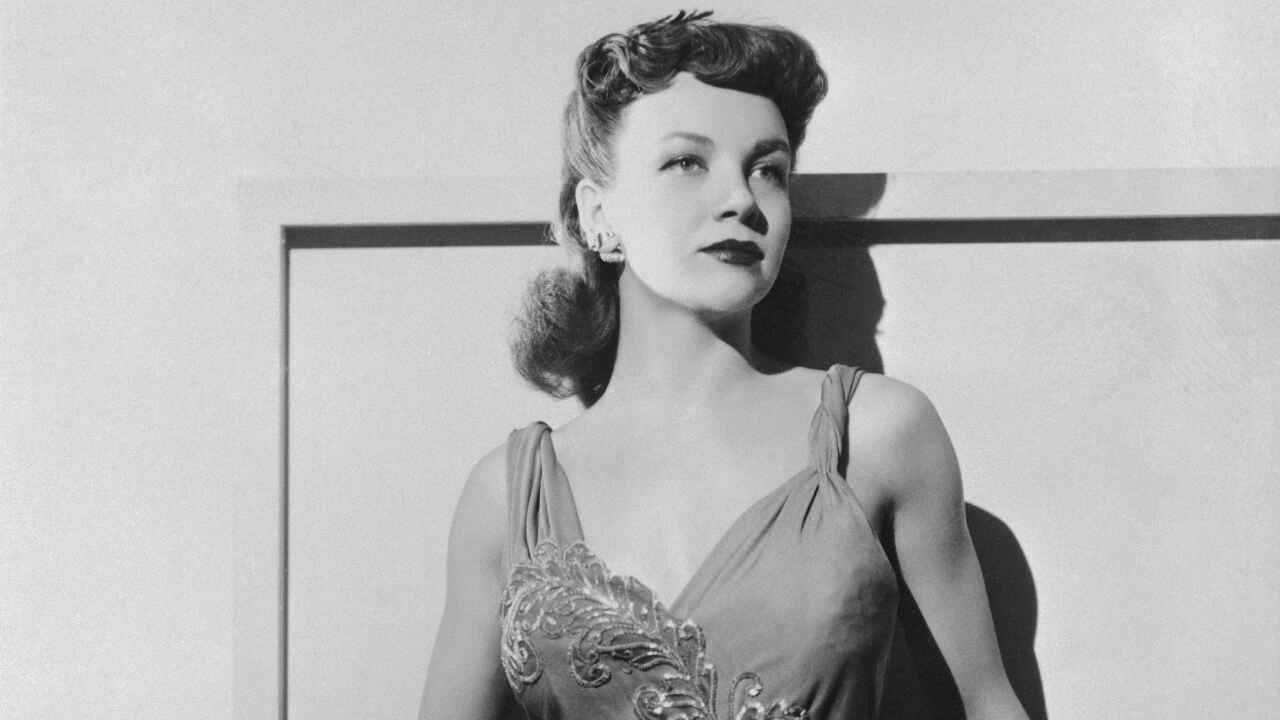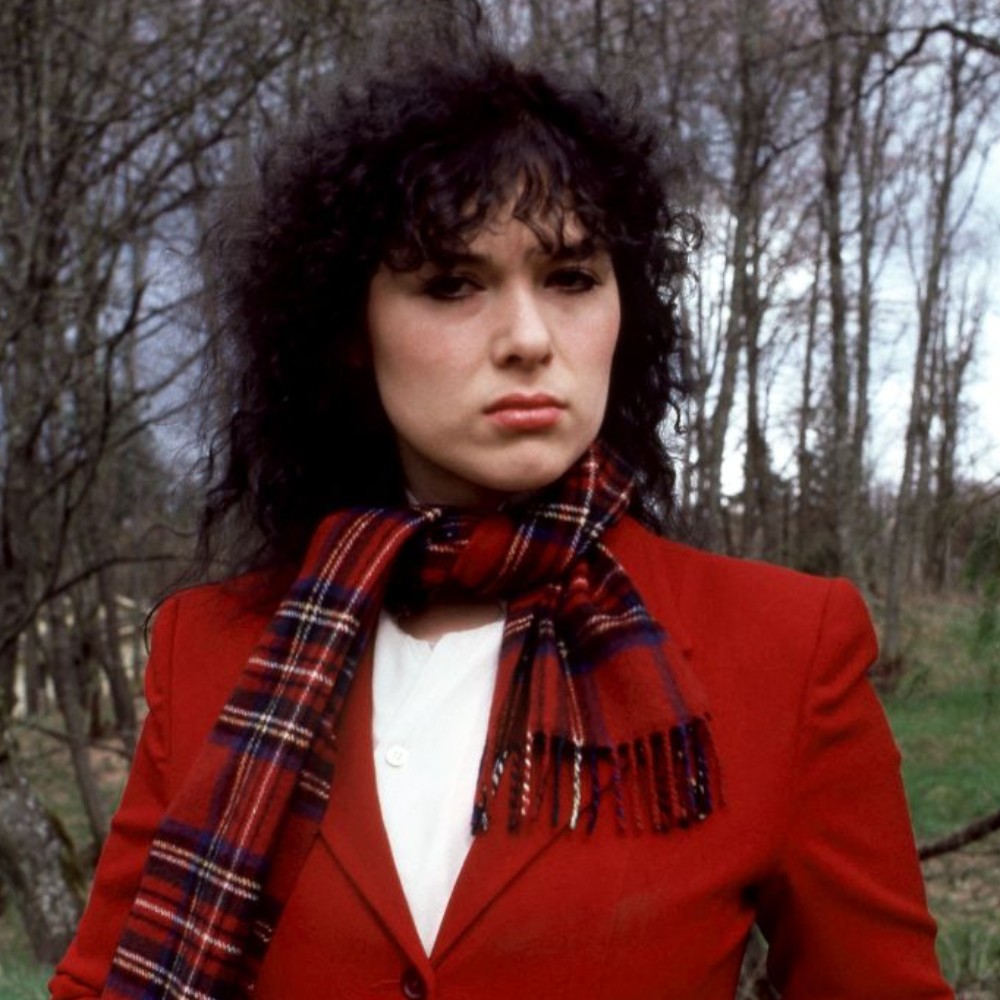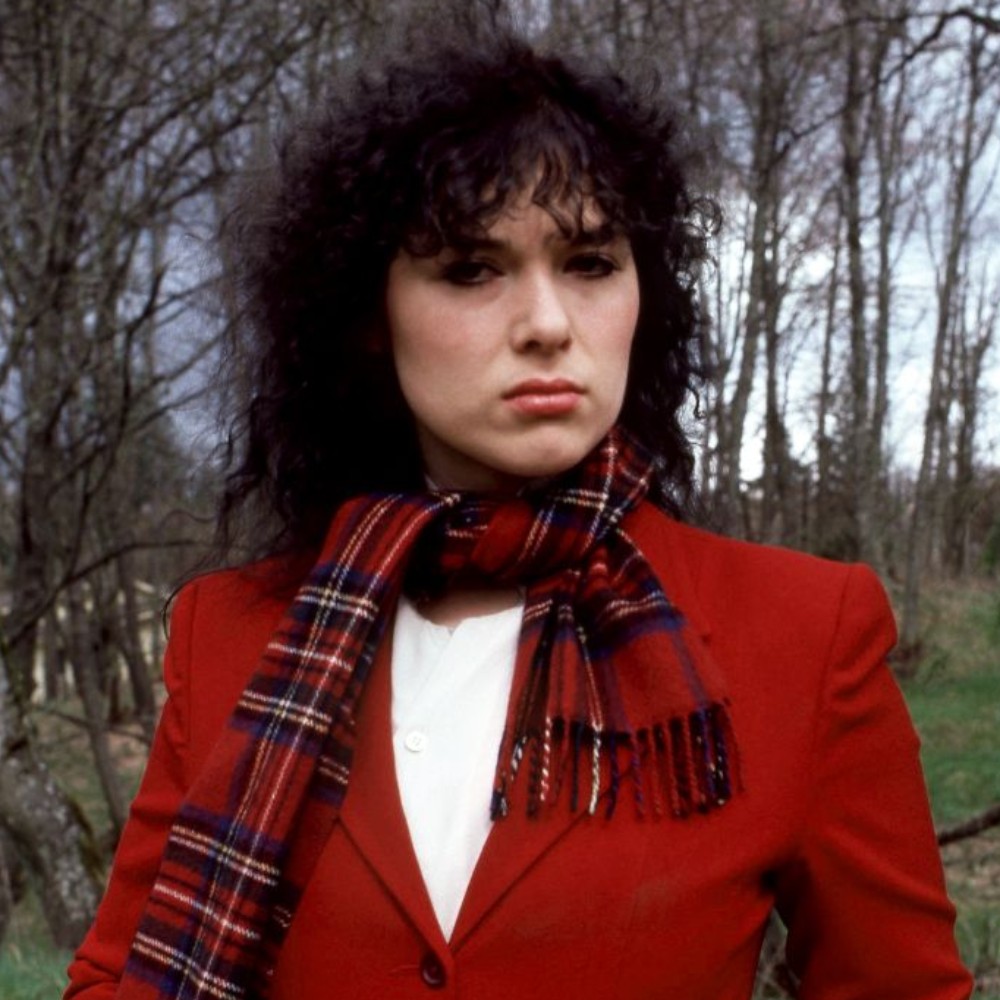Feud Capote Vs The Swans: How Ann Woodward Came To Be Known As 'Mrs Bang Bang' By Breakfast at Tiffany's Author After Shooting Her Husband
FX's Feud: Capote vs. The Swans delves into Truman Capote's conflict with socialite Ann Woodward. Read to know how the famed author's 'La Côte Basque 1965' scandal links to Woodward's death.

Trigger Warning: This article contains references to suicide and murder
Feud: Capote vs. The Swans is back with its second season, the first and second episode of which aired on FX on January 31. The latest season of the Ryan Murphy show focuses on the ostracization of Capote from the esteemed high society of New York after he published the scandalous La Côte Basque 1965. The short story, published in Esquire magazine in 1975, detailed the secrets and scandals of Capote’s high-society female friends, upon whom he had very famously bestowed the nickname The Swans.
Among the Swans was Ann Woodward, a New York socialite who made headlines in 1955 for accidentally shooting her husband William Woodward, the heir of the Hanover National Bank. Capote, the author of Breakfast at Tiffany’s and In Cold Blood, reportedly had a personal score to settle with this particular socialite, and to do so, he called her Mrs. Bang Bang (a reference to Woodward shooting her husband). Little did Ann know, that this moniker would stick with her for the entirety of her life and eventually end up killing her. What went down between Truman Capote and Ann Woodward? Find out below!
It all started in 1956 - Truman Capote and Ann Woodward rift

Ann Woodward, a poor girl from Kansas, began socializing with the high-class New York socialites post her marriage to William Woodward, a wealthy heir of the Hanover National Bank. Ann, born Ann Crowell, made headlines in 1955 when she accidentally or deliberately shot her husband to death. She, however, was never indicted. Why? She told the authorities she shot her husband thinking he was a burglar. A grand jury reviewed the case and ruled that William Woodward’s death was accidental.
In the following year, Ann Woodward had a run-in with Truman Capote. According to Roseanne Montillo’s book Deliberate Cruelty, Capote and Ann met for the first and only time in St. Moritz, a year after the shooting. Per Montillo, Capote approached Woodward. Their conversation did not end on a good note though. Ann reportedly called Capote a homophobic slur. He did not let the insult slip and called Ann Woodward Mrs. Bang Bang in response.
Twenty years later, he was still holding a grudge against Woodward. In his 1975 fictionalized Esquire short story titled La Côte Basque 1965, he penned a character that had uncanny parallelisms to Woodward’s shooting case. This story, many speculate, pushed Woodward to take her own life.
Who killed the Swan? Was Capote responsible for Ann Woodward’s death?

La Côte Basque 1965, Capote’s fictionalized and scandalous short story for Esquire magazine in 1975, which was an excerpt from his unfinished novel named Answered Prayers sees two women, Lady Ina Coolbirth and B.B. Jones, discuss a woman named Ann Hopkins, who “got away with cold-blooded murder.”
People collectively believed that Capote's Ann Hopkins was none other than Ann Woodward, who was found dead on October 10, 1975, just a few days before the infamous short story hit the newsstands. Since then, it has been highly speculated that Ann Woodward’s representation in Capote's scandalous story drove her to take her own life by consuming a cyanide pill. While no evidence suggests if Woodward received an early copy of the notorious La Côte Basque 1965 or not, conjectures imply that it is what influenced her decision to die by suicide.
Feud: Capote Vs. The Swans airs every Wednesday on FX.
Disclaimer: If you need support or know someone who is struggling with suicidal thoughts or any kind of abuse, please reach out to your nearest mental health specialist, NGO or speak to someone about it. There are several helplines available for the same.

Céline Dion's New Documentary To Be About Her Life With Rare Stiff Person Syndrome? Singer Reveals In A Statement





 JOIN OUR WHATSAPP CHANNEL
JOIN OUR WHATSAPP CHANNEL


















































